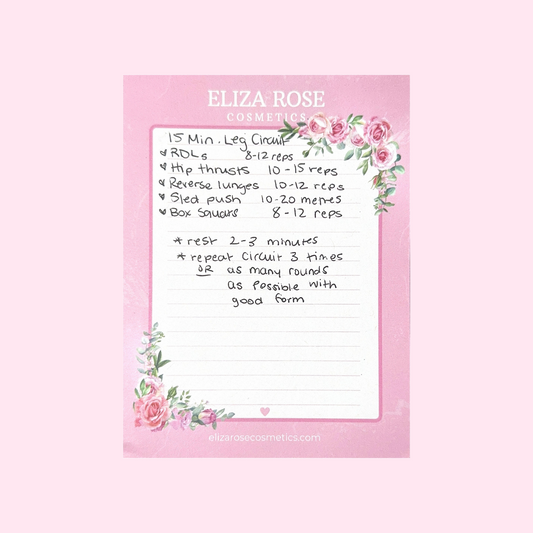Sometimes, what people perceive as “hate comments,” are actually valid criticisms of their behavior. It may take someone you trust looking at the piece of content and sharing with you if you actually made a mistake. It’s natural for us to mess up, we will never be perfect, and we aren’t supposed to be. With that, you might post things online that you really shouldn’t. Maybe you responded to someone you should’ve just left alone. Maybe you said something incredibly offensive that was made in ignorance.
All of these things are part of growing and becoming a better person. Pay attention to constructive criticism where it’s necessary, and make changes to not make the mistake again. If necessary, post another video apologizing sincerely for your mistake. Talk about why you know now what you said, or did, was wrong. Don’t deflect blame. Then share what you’ll do to not make that mistake in the future. It’s really that simple.
If there wasn't in issue, that's okay! Having the validation of a second opinion from someone you trust is very helpful in dealing with imposter syndrome and feelings of overwhelm online.
Any sudden, or large amount of attention, whether good or bad, can feel overwhelming. You can practice several coping strategies to deal with things happening online:
a. Mindfulness Meditation: put your phone down, and take some time to be mindful of your physical and emotional sensations. Acknowledge each for yourself. You can say them out-loud, or in your head. It might sound like, “My heart is racing, my breathing is fast, my hands feel clammy, and my thoughts keep racing.”
b. Take deep breaths and focus on these sensations for about 30 seconds each. Take mental note if the sensations start to change. It might sound like, “My heart rate sped up, but now it’s slowing down. My breathing is getting steadier. I still feel anxious, but it’s starting to get easier.” Whatever symptoms, or feelings apply to you.
c. Piece together what might have triggered those sensations. If you can’t think of anything, that’s okay. Sometimes you just don’t know in the moment. Think to yourself how when you felt those feelings, you were able to calm down after acknowledging each of them.
If all else fails, hire a therapist
There's not a thing wrong with going to therapy, no matter what people may say. A therapist can provide you more personalized information. Combine that with healthy coping mechanisms you use at home, and you’ll be set. There’s a common misconception that therapists only help problems you have, not problems people give to you.
They will help you address different emotions that come up when certain problems arrive. They will also work with you to find out which coping mechanisms will help you, and which won’t. Therapists are like having an emotional assistant who provide solutions, then work with you to figure out which route will be best. They can be especially helpful when you are dealing with overwhelm and burnout.
The therapist should provide a safe and healthy environment for you to get to the root of your overwhelm and help brainstorm to figure out how to deescalate feelings of burnout. These ideas will be specific to you, your abilities, and needs.
About the Author:
Eliza Rose has been professionally working on social media for over 10 years. Her niches have spanned across beauty, fashion, lifestyle, music, and business. She now dedicates her time to teaching what she's learned through the process, to help other people turn their business and personal goals into a reality.











